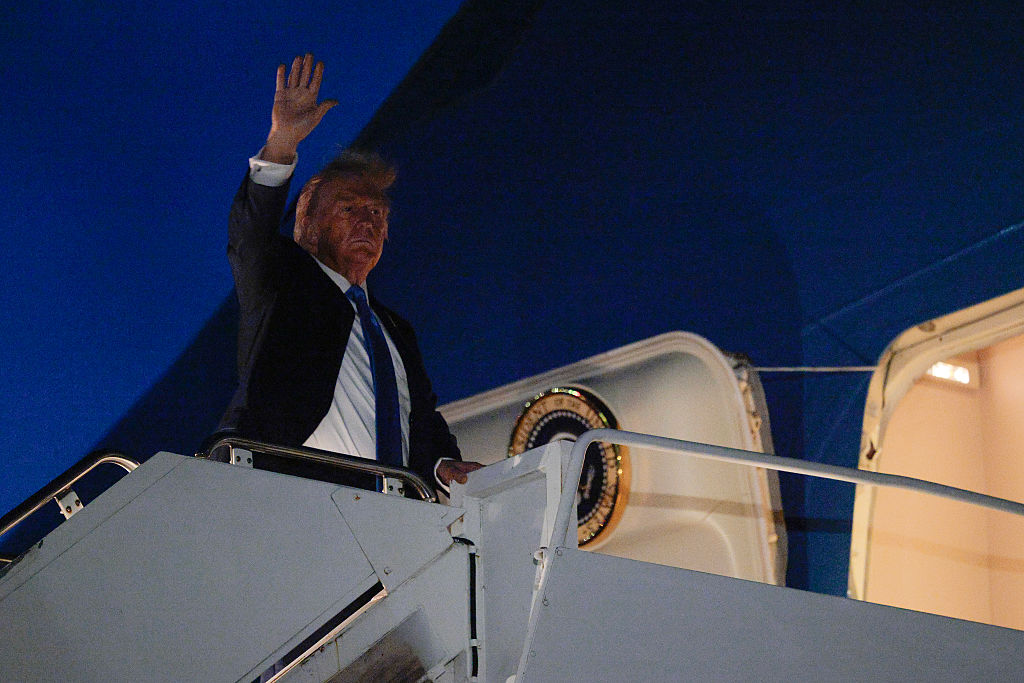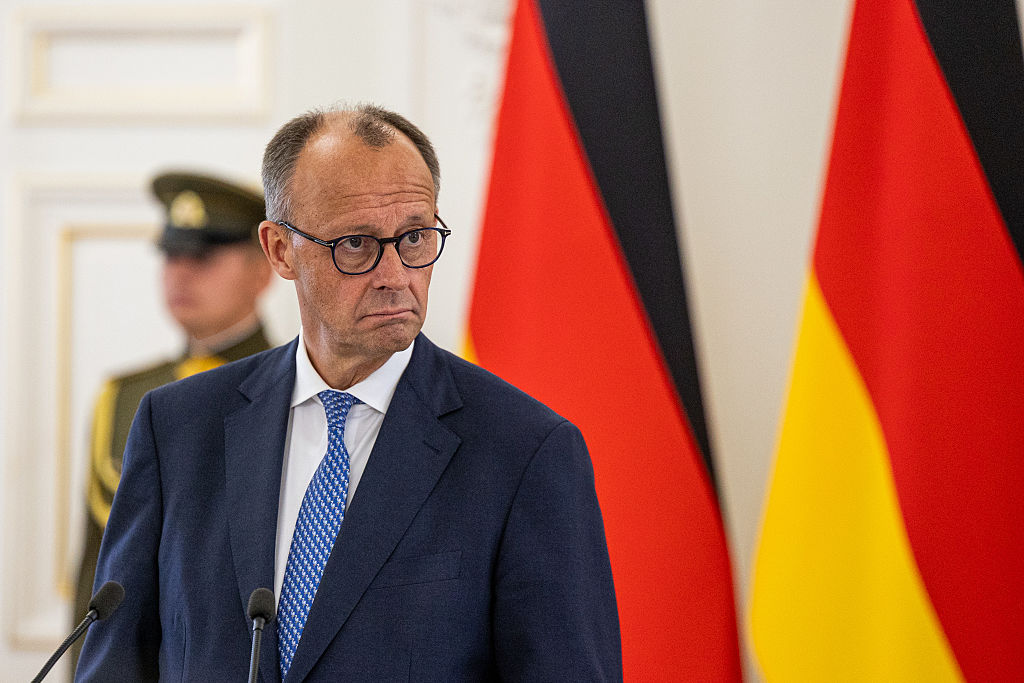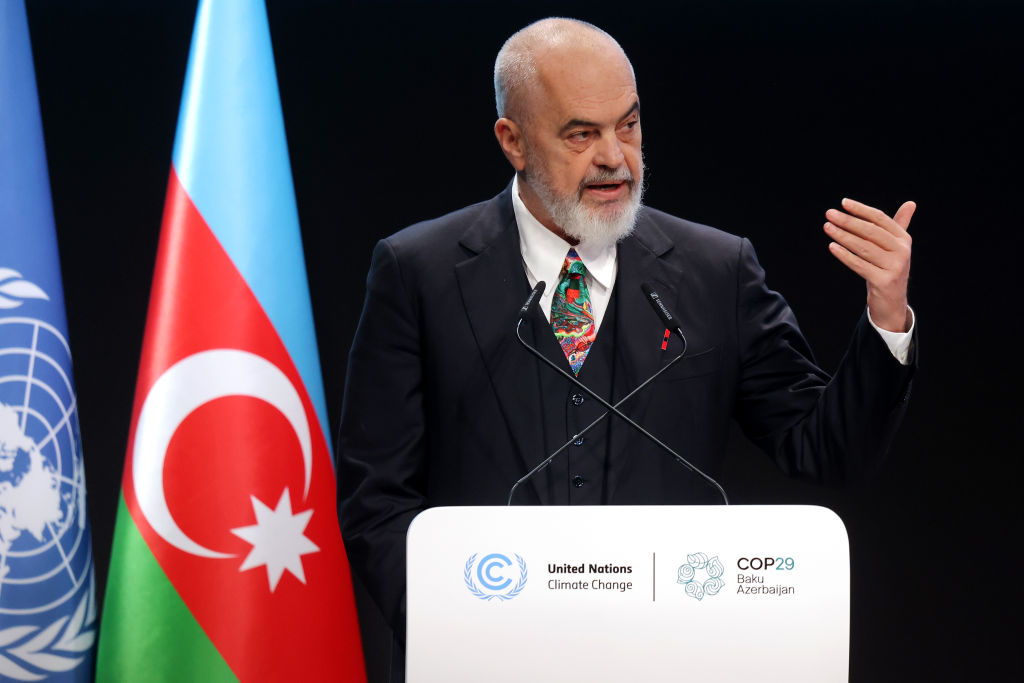Canada and the European Union signed a defence and security pact as the transatlantic partners sought to better confront Russia, with worries over US reliability under President Donald Trump.
The deal was announced on June 23 after a meeting in Brussels between Canadian Prime Minister Mark Carney, European Commission President Ursula von der Leyen and President of the European Council Antonio Costa.
“While NATO remains the cornerstone of our collective defence, this partnership will allow us to strengthen our preparedness … to invest more and to invest smarter,” Costa told a press conference.
“It opens new opportunities for companies on both sides of the Atlantic.”
At the NATO summit in The Hague that begins on June 24, allies including Canada and 23 of the EU’s 27 nations, are due to sign off on a ramped-up defence spending target of 5 per cent of GDP, AFP reported.
The pledge, if agreed, would be seen as key both to satisfying Trump – who has threatened not to protect allies spending too little – and helping NATO build up the forces it needs to deter Russia.

Ottawa, which is yet to meet the current 2 per cent NATO target having spent 1.4 per cent of GDP on defence in 2024, buys much of its military equipment from the US, Reuters said.
But relations have soured under Trump, who has repeatedly called for Canada to become the 51st US state and announced tariffs on its exports.
The EU pact sought to bring Canada’s defence industry more closely into European efforts to revamp the domestic industrial base.
It would open the door for Ottawa to join common procurements under a recently approved €150 billion loan programme backed by the EU’s central budget to boost rearmament.
It would also pave the way for Canadian defence firms to tap into the scheme, although that would require the signing of a separate deal.
The EU said the pact would deepen co-operation in areas including crisis management, defence industry collaboration, hybrid threats and military mobility.
Britain signed a similar defence partnership in May and Australia and the EU announced they had started negotiating another one recently, according to AFP.
Carney said the deal with the EU would help Canada “deliver on our new requirements for capabilities more rapidly and more effectively”.
At a time of international instability, Canada was looking to diversify and strengthen its international partnerships, he added.
“We turn first and foremost to our most reliable allies, those who share our values of democracy, freedom and sovereignty,” he said.
The EU is Canada’s second-biggest commercial partner.
Bilateral trade in goods was worth €75.6 billion in 2024, up 64 per cent since 2017, when a free-trade agreement provisionally entered into force.
Also on June 23, Carney said Canada and the US have a chance to strike a new economic and defence relationship but nothing was assured, Reuters reported.
On June 14, Carney said he had agreed with Trump that their two nations should try to wrap up talks on a new deal within 30 days.
“We’re working hard to get a deal but we’ll only accept the right deal with the United States.
“The right deal is possible but nothing’s assured,” he told a televised news conference in Brussels after the talks with senior EU officials on June 23.
On the same day, Germany’s Chancellor Friedrich Merz said the EU’s approach in trade talks with the US was “too complicated” and called for Brussels to strike a swift deal with Trump.
“We need rapid, joint decisions for four or five major industries now,” Merz said at an event hosted by the Federation of German Industry.

Such a deal should cover sectors that were “vitally important” to the European economy, Merz said. As examples, he named the auto industry, chemicals, pharmaceuticals, mechanical engineering, steel and aluminium, AFP reported.
“I believe we can achieve that,” he said, adding that such a limited-scope deal was in line with the approach being taken by Washington.
“The Americans … are focusing relatively simply on making agreements with us on four or five major industries,” Merz said.
The EU by contrast was negotiating “far too complicatedly”, he said.
It was the “wrong time” to be “negotiating 400, 500, 600 different customs codes with the Americans”.
Merz said he would push for the EU to pursue a quick deal at the two-day European Council summit starting on June 26, together with French President Emmanuel Macron and Italian Prime Minister Giorgia Meloni.
“We don’t want the best of the best but, rather, the most important of what’s necessary,” Merz said, pointing to the deal struck between Britain and the US.
Dozens of countries have been locked in negotiations with Washington to clinch some sort of trade deal to mitigate the impact of US tariffs.
Trump has slapped a 25-per cent tariff on the auto sector and a 50 per cent tariff on aluminium and steel, as well as a basic 10 per cent tariff on all imports.
The EU additionally faced a 20 per cent supposedly “reciprocal” tariff, set to come into force on July 9.
Britain in May was the first country to reach a deal with Washington to avoid deeper tariffs, including cutting import taxes on British luxury cars and lifting them entirely on steel and aluminium.
Separately on June 23, following the US strike on Iran over June 21, the EU said Israel must improve the humanitarian situation in Gaza or else face possible consequences.
That came following a review of a co-operation deal found it fell short of its human-rights obligations.
The EU’s foreign affairs chief Kaja Kallas said the bloc hoped to use a review of the EU-Israel Association Agreement to pressure Israel to ease suffering in the Palestinian territory and allow more aid into the strip.

“We will contact Israel to present our findings and look at how we can improve the situation on the ground,” Kallas told a press conference after presenting the review’s findings at a meeting of EU foreign ministers in Brussels.
“If the situation does not improve, then we can discuss further measures,” she said, adding this would happen in July.
The bloc in May launched an audit of the EU-Israel deal, which formed the basis for trade ties, under one of its articles calling for respect of human rights.
It marked a milestone of sorts, given the EU has long struggled to have an impact on the Middle East conflict due to longstanding divisions between countries that backed Israel and those seen as more pro-Palestinian.
The review found Israel’s conduct in Gaza ran afoul of its obligations.

The text seen by AFP cited Israel’s blockade of humanitarian aid, the high number of civilian casualties and the enormous population displacements among possible rights violations.
“Our main concern is humanitarian aid distribution,” Kallas told reporters. “We see the humanitarian aid behind the borders but it doesn’t reach the people.”
What action Brussels might take if things did not improve was not clear, as the war in Iran has moved the goalposts and pushed some nations to voice renewed support for Israel.
Some countries would like to suspend the EU-Israel accord outright but that would require unanimity among member states – something diplomats have said was virtually impossible.
Halting diplomatic dialogue with Israel – a measure already rejected last year – also required backing from all EU member states.
Trade measures could instead be adopted with a qualified majority and Kallas hinted the EU response could go in that direction.
Asked about a nine-country call for Brussels to come up with a plan to end trade with Israeli settlements in the occupied West Bank that were illegal under international law, she said that was “one of the measures that could be taken”.





